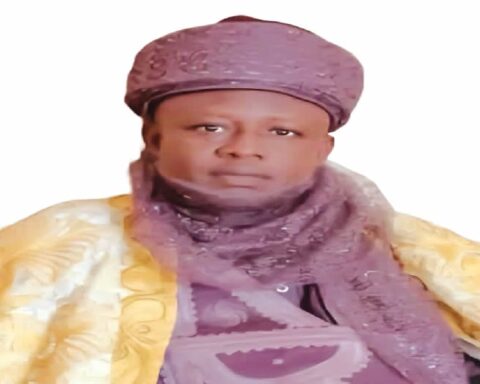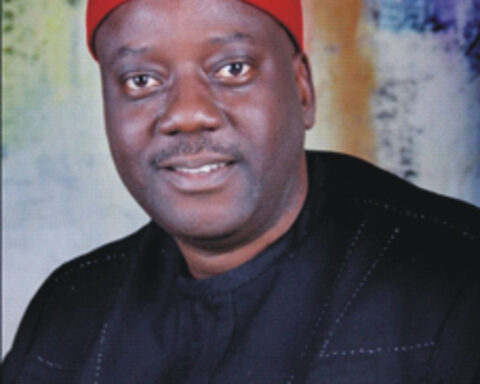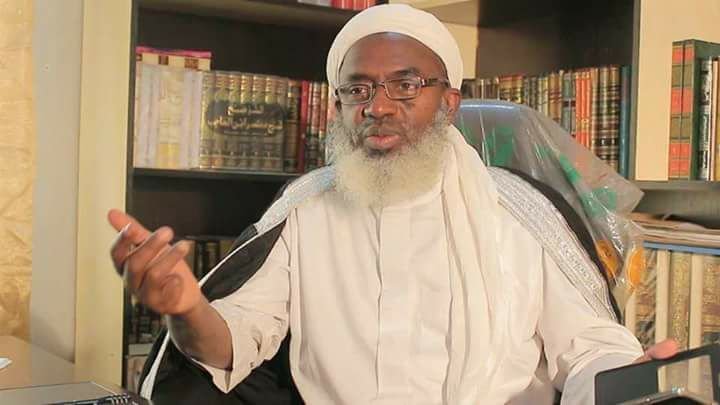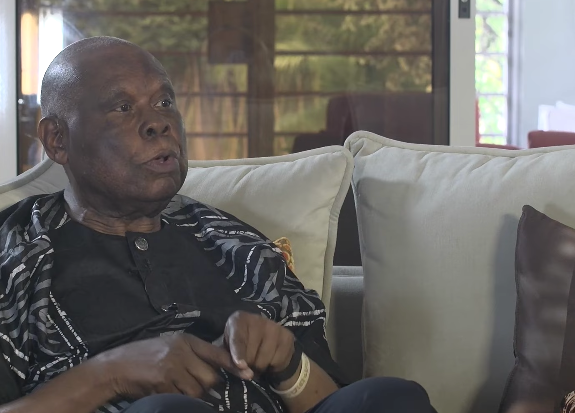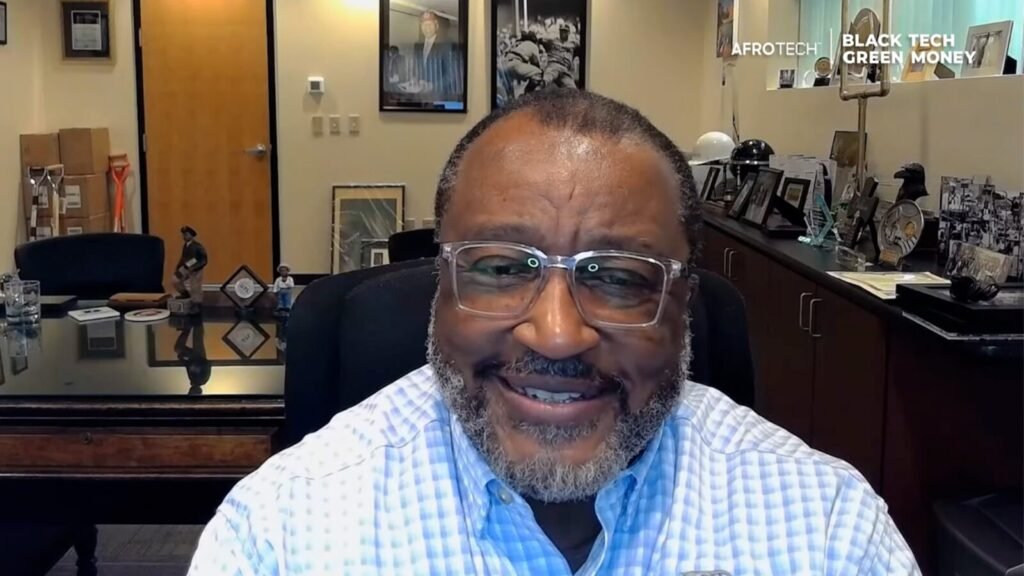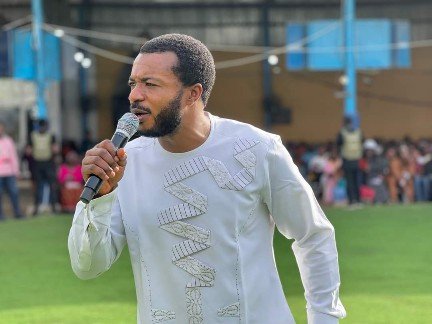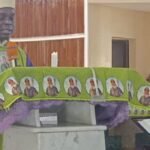In an exclusive interview, former military Head of State, General Yakubu Gowon reflected on his leadership during the Nigerian Civil War, his belief in the nation’s unity, and his thoughts on the country’s future. Gowon, who led Nigeria through one of its most challenging periods, reiterated his commitment to the unity of Nigeria and the necessity of taking action to preserve it, even in the face of secessionist threats.
A personal commitment to national unity
You are committed to Nigeria’s unity; how did you take it when the civil war broke out?
My commitment to Nigeria’s unity runs deep. I grew up in Wusasa, a community in Northern Nigeria where different ethnic groups and religions lived harmoniously. The unity of the country is something I have always cherished. When the civil war broke out, it was a painful moment for me, but I knew I had a duty to keep Nigeria together. Secession by the South-east was the cause of the conflict, and as the head of state, it was my responsibility to prevent the breakup of the country. Having served in conflict zones like Congo, I knew the brutality that war could bring, but my goal was to ensure that Nigerians could live together peacefully after the war.
Reflecting on the civil war decisions
If given another opportunity, what would you have done differently?
I wouldn’t have done anything differently. Every effort was made to prevent the breakup of Nigeria. We fought for over two years, ensuring that no external interference destabilized the country. The war was a difficult but necessary step to preserve our nation’s unity, and I believe that I fulfilled my duty in that regard.
Addressing agitations for Biafra
There are still agitations in the South-east for a Republic of Biafra. Does it mean that the three Rs—Reconciliation, Rehabilitation, and Reintegration—failed to make an impact? What is your message to the people of that region?
The three Rs—Reconciliation, Rehabilitation, and Reintegration—were crucial to healing the wounds of the civil war. After the conflict, I instructed the soldiers to help their brothers and sisters in the South-east return home and rebuild their lives. Many courageous Igbo people went back to the North and reclaimed their properties. My message to the South-east is clear: the civil war is over, and the Republic of Biafra no longer exists. We must continue as one nation, working together for the progress of Nigeria.
The comparison to Abraham Lincoln
At the end of the civil war, Newsweek magazine compared you to Abraham Lincoln. What do you say to that?
I remember receiving a book about the American Civil War from a gentleman named Martin Dent. When I finally had the chance to read it, I saw many parallels between Lincoln’s experiences and mine. Both of us faced the challenge of preserving a united nation. While I did not aspire to be compared to Lincoln, I accept the comparison, as we both sought to maintain the unity of our respective countries during times of division.
The controversial Aburi Accord
We heard different versions of what transpired between you and Ojukwu in Aburi, Ghana. What actually happened? Did you agree to a confederation?
The Aburi meeting was intended to resolve the crisis, but Ojukwu came prepared with a memorandum outlining his conditions, as if it were a classroom agreement. We had two days of discussions, but after returning to Nigeria, Ojukwu made public statements that diverged from our agreements. He disobeyed federal instructions and began taking steps toward secession. This led to further complications and ultimately necessitated the creation of 12 states to ensure no region in Nigeria felt marginalized.
Handling the economy and leaving office
You presided over Nigeria when its economy was flourishing. How do you reconcile the claim that you left penniless when your government was overthrown?
It’s true that Nigeria had substantial resources during my administration, especially following the civil war. We made sure not to destroy our oil infrastructure, and we acted with discipline in managing the nation’s funds. I can confidently say that I left office with a clear conscience, knowing that I served in the best interest of the country.
His overthrow and life after power
You had hints of a possible overthrow but didn’t act on them. Why?
It’s not that I didn’t act. I was given names of people close to me, but I couldn’t believe they would betray me. I went to Kampala for a meeting, and during the session, Idi Amin handed me a Reuters report that my government had been overthrown. I wasn’t overly concerned because I knew that, in the end, it was for the good of Nigeria. I gave a world press conference where I gracefully accepted the situation, quoting Shakespeare: “The world is a stage, and all the men and women merely players.”
A vision for Nigeria’s future
Reflecting on his time in power, General Gowon concluded by emphasizing his continued hope and prayers for Nigeria. He expressed sadness over the challenges the country faces today but reaffirmed his belief in prayer and unity as the path to Nigeria’s lasting peace and prosperity. Gowon continues to lead initiatives, such as “Nigeria Prays,” aimed at fostering stability and harmony in the nation.
Source: Daily Trust

